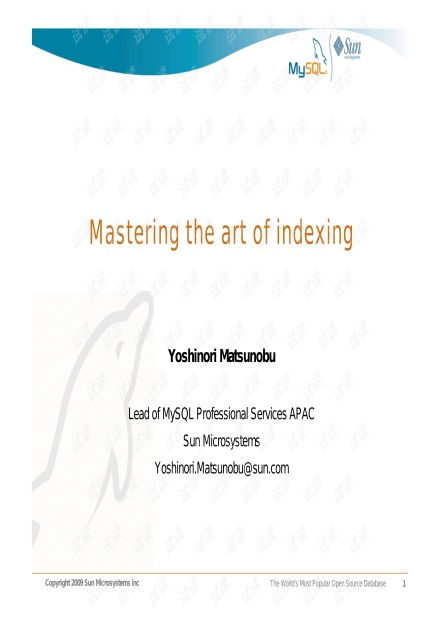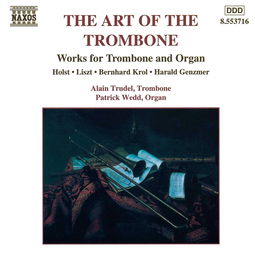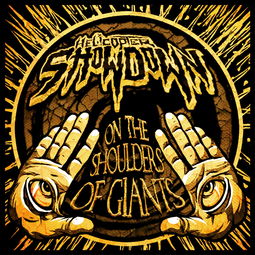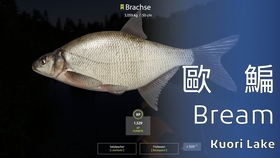Introduction:
Fishing, an ancient pastime, has always been a popular activity for those seeking tranquility and connection with nature. As anglers, we often find ourselves sharing our experiences and knowledge with others, both in person and through written form. Writing an English essay about fishing can be a rewarding way to express your passion and share your insights. In this article, we will delve into the techniques and strategies for writing a compelling fishing essay in English.
Choose a Catchy Topic:
The first step in writing a successful fishing essay is to select a topic that captivates your interest and engages your audience. Here are some ideas to get you started:
- The Best Fishing Spots in the World
- The Art of Fly Fishing: Techniques and Tips
- The Impact of Climate Change on Fishing
- The History of Fishing: From Ancient Times to Modern Technology
- The Ethics of Fishing: Conservation and Sustainable Practices
Craft a Strong Introduction:
Your introduction should hook your reader's attention and provide a clear overview of what your essay will cover. Here's how to do it:
- Start with a captivating quote or a vivid description of a fishing scene.
- Present a brief background on the topic, including its relevance and importance.
- State your thesis statement, which should clearly outline the main point or argument of your essay.
Example:
"‘The best way to catch fish is to think like a fish,' the old adage goes. Fishing, an activity steeped in tradition and mystery, has captivated humans for centuries. In this essay, we will explore the art of fly fishing, its techniques, and the passion it ignites in anglers worldwide."
Organize Your Essay:
A well-organized essay is easier to follow and understand. Here's a suggested structure:
- Introduction
- Body Paragraphs (usually 3-5, depending on the topic)
- Each paragraph should focus on a single point or argument.
- Start with a topic sentence that introduces the main idea of the paragraph.
- Provide supporting evidence, such as examples, statistics, or personal experiences.
- Conclude the paragraph with a transitional sentence that leads to the next paragraph.
- Conclusion
- Works Cited (if applicable)
Use Engaging Language:
To make your essay stand out, use engaging language and vivid descriptions. Here are some tips:
- Incorporate sensory details to create a vivid picture of the fishing experience.
- Use strong verbs and adjectives to emphasize your points.
- Avoid overly complex sentences; instead, opt for clear and concise language.
Example:
"The sun dipped below the horizon, casting a golden glow over the tranquil lake. The water rippled gently, reflecting the last rays of daylight. I cast my line into the water, feeling a sense of peace and anticipation."
Incorporate Personal Experience:
Sharing your personal experiences can make your essay more relatable and authentic. Here's how to do it:
- Include anecdotes that illustrate your points or support your thesis.
- Discuss the challenges you've faced and how you overcame them.
- Reflect on the lessons you've learned from your fishing adventures.
Example:
"On my first fly fishing trip, I struggled to cast my line accurately. After hours of practice and patience, I finally caught my first trout. The exhilaration of that moment was indescribable, and it fueled my passion for the sport."
Be Informed and Accurate:
Ensure that your essay is well-researched and contains accurate information. Here's how to do it:
- Consult reputable sources, such as books, academic journals, and reputable websites.
- Verify facts and statistics before including them in your essay.
- Use proper citations and formatting (MLA, APA, Chicago, etc.) if you reference external sources.
Write a Strong Conclusion:
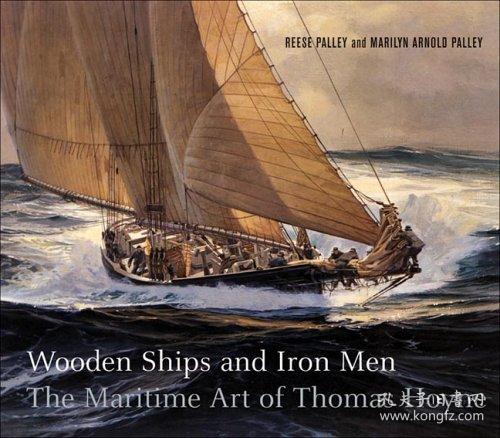
Your conclusion should summarize the main points of your essay and leave a lasting impression on your reader. Here's how to do it:
- Restate your thesis statement in a new way.
- Summarize the key points discussed in your essay.
- Offer a final thought or reflection on the topic, perhaps encouraging your readers to explore fishing themselves.
Example:
"In conclusion, fly fishing is more than just a sport; it's a way of life that fosters connection with nature, personal growth, and a sense of accomplishment. By embracing the art of fly fishing, we can all discover the beauty and tranquility that this ancient pastime has to offer."
Revise and Edit:
Once you've completed your essay, take the time to revise and edit it. Here's how to do it:
- Read your essay aloud to catch any awkward phrasing or grammatical errors.
- Proofread for spelling, punctuation, and formatting issues.
- Ask a friend or teacher to review your essay and provide feedback.
Conclusion:
Writing an English essay about fishing can be a fulfilling way to share your passion and insights with others. By following these techniques and strategies, you can craft a compelling and engaging essay that captures the essence of your fishing experiences. Happy fishing and happy writing!


